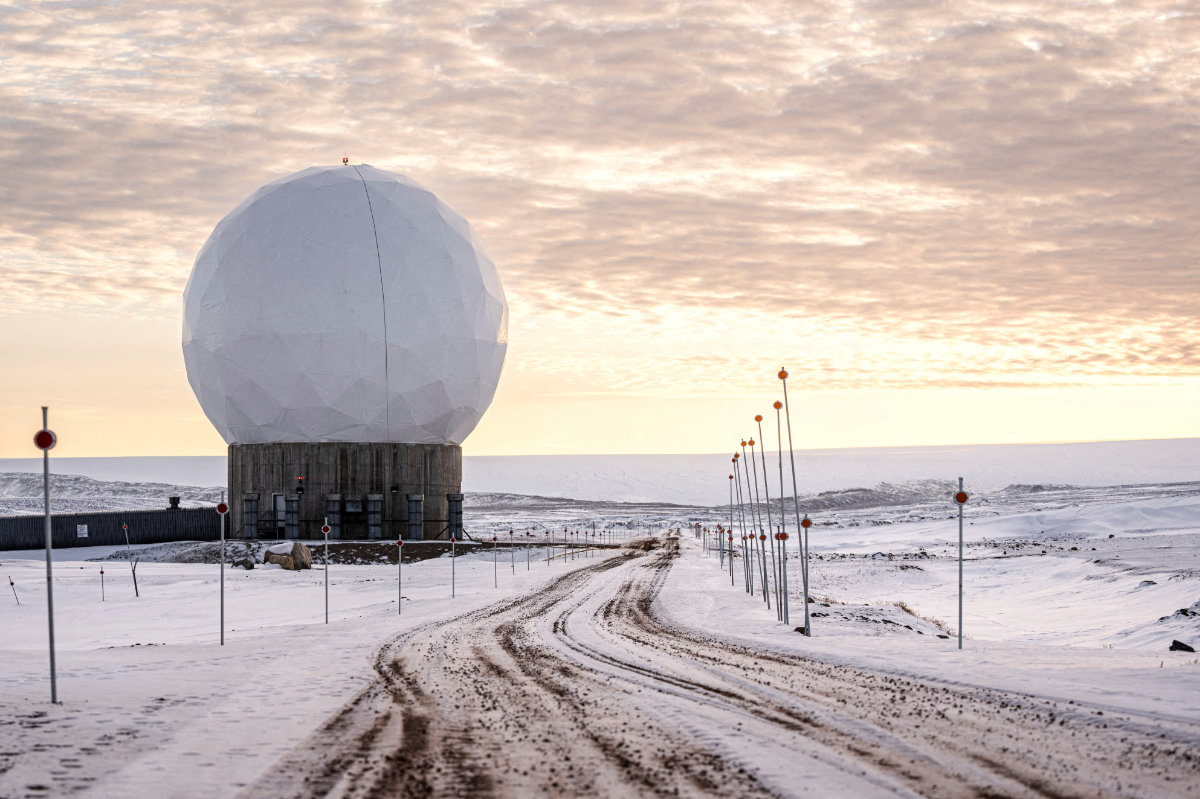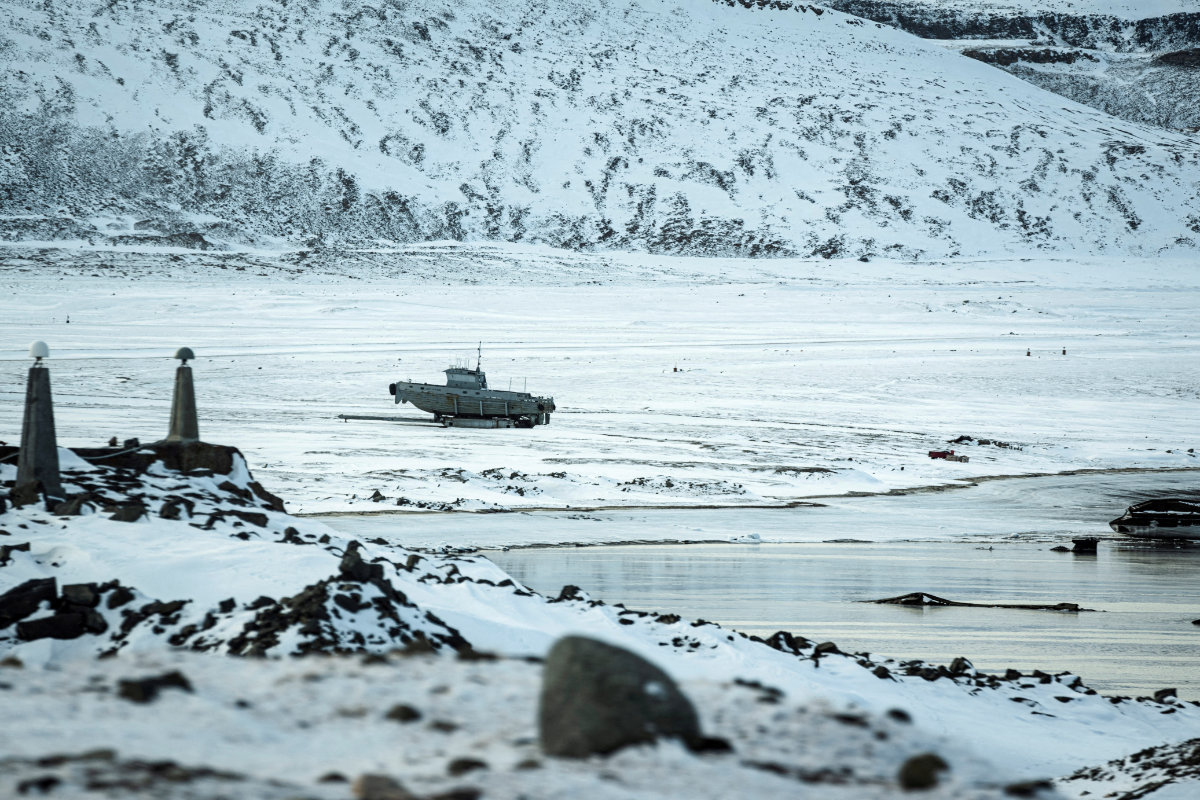KYIV: Russia conducted an array of aerial attacks on Ukraine with cruise missiles, drones and ballistic missiles, Ukraine’s air force said Thursday, while the chief of the army said Russia is increasing its troop concentration in the Kharkiv region where Moscow’s forces have made significant advances in a spring offensive.
Ukraine’s GUR military intelligence operation said that sea drones destroyed two Russian KS-701 patrol boats in the Black Sea off the Russia-annexed Crimean Peninsula. Russian officials didn’t immediately comment.
The air force said that the overnight attacks included eight S-300 ballistic missiles, 11 cruise missiles and 32 Shahed drones. All the drones and seven of the cruise missiles were shot down, the air force said, but didn’t provide further details.
In Kharkiv, Ukraine’s second-largest city, seven people were wounded and a municipal services building caught fire in the attacks, regional Gov. Oleh Syniehubov said. Russian aerial strikes were also reported in Khmelnytskyi and Dnipropetrovsk, but there were no injuries.
Ukrainian army chief Col. Gen. Oleksandr Syrskyi said on his Facebook page on Thursday that Russia is bringing army units into the Kharkiv region from other parts of Ukraine to supplement forces in the two main flashpoints of fighting, the towns of Vovchansk and Lyptsi. Syrskyi said that Ukraine has also moved reserve troops into the area.
Russia’s Defense Ministry said that its air defenses shot down eight US-made ATACMS missiles over the Azov Sea, which borders both Russia and Russia-held Ukrainian territory.
One person was wounded by a drone explosion in Russia’s Belgorod region, which borders Kharkiv and comes under daily attack from the Ukrainian side.
A lengthy delay in US military aid and Western Europe’s inadequate military production has slowed crucial deliveries to the battlefield for Ukraine, and Russia has exploited the delays to make advances in the Kharkiv region.
Russian missiles and bombs also have pummeled Ukrainian military positions and civilian areas, including the power grid.
On Thursday, US Secretary of State Antony Blinken assailed Russian attempts to sow discord in democracies with misinformation, after hinting that the Biden administration may soon allow Ukraine to use American-supplied munitions to strike inside Russia.
In Prague for a NATO foreign ministers meeting, Blinken cited Moscow’s use of misinformation and disinformation, calling it a “poison” and signing an agreement with the Czech government to combat it.
Blinken said Wednesday that US policy on how Ukraine deploys American weapons is constantly evolving, suggesting that Washington may rescind an unwritten prohibition on Ukraine’s use of them for attacks on Russian territory.
Although US officials insist there is no formal ban, they have long made clear that they believe the use of American weapons to attack targets inside Russia could provoke an escalatory response from Moscow, something that Russian President Vladimir Putin has promised.
Three US officials familiar with the matter told AP on Thursday that President Joe Biden has given Ukraine the go-ahead to use American weaponry to strike inside Russia for the limited purpose of defending Kharkiv.
The officials, who requested anonymity to discuss the sensitive matter, underscored that the US policy calling on Ukraine not to use American-provided long-range missiles and other munitions to strike inside Russia offensively has not changed.





























